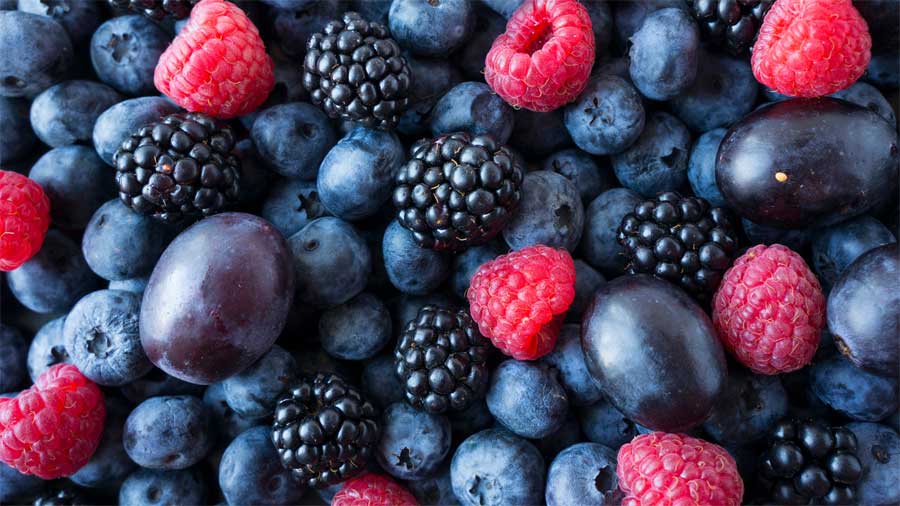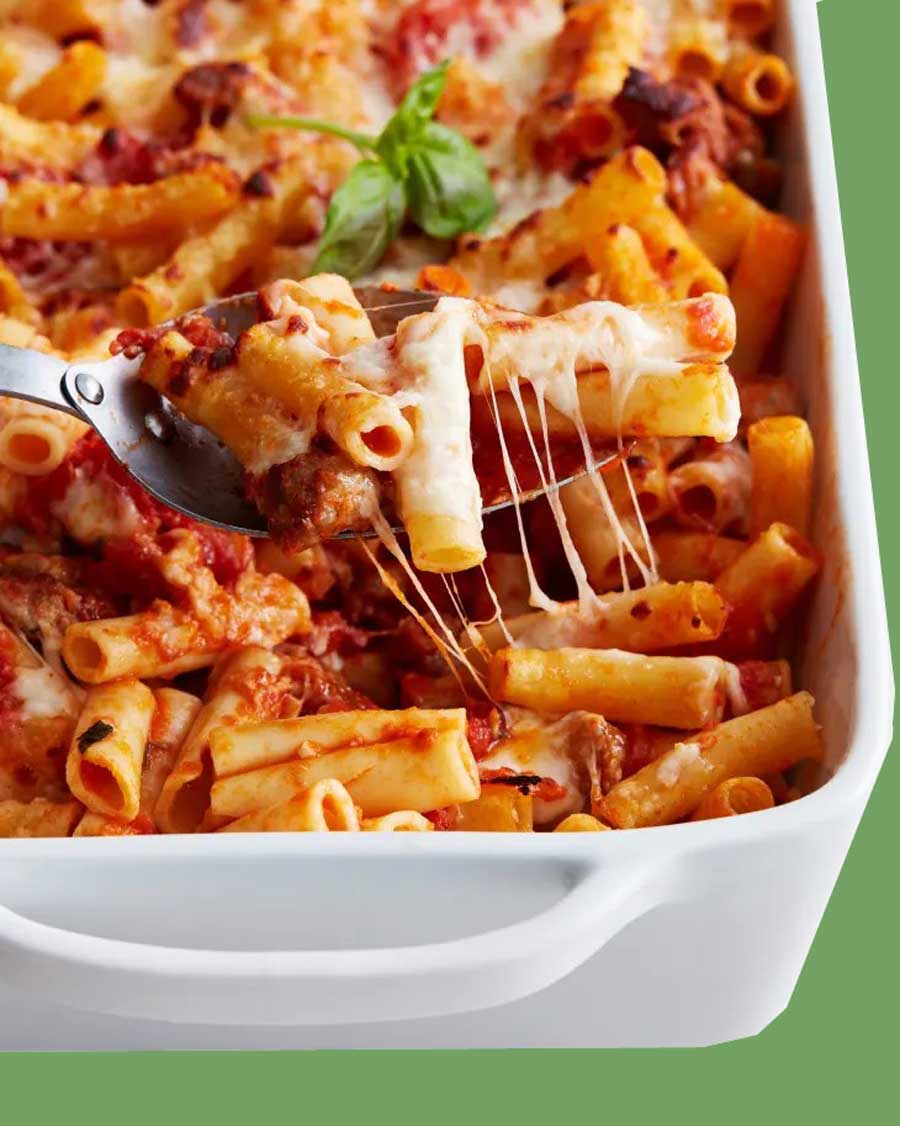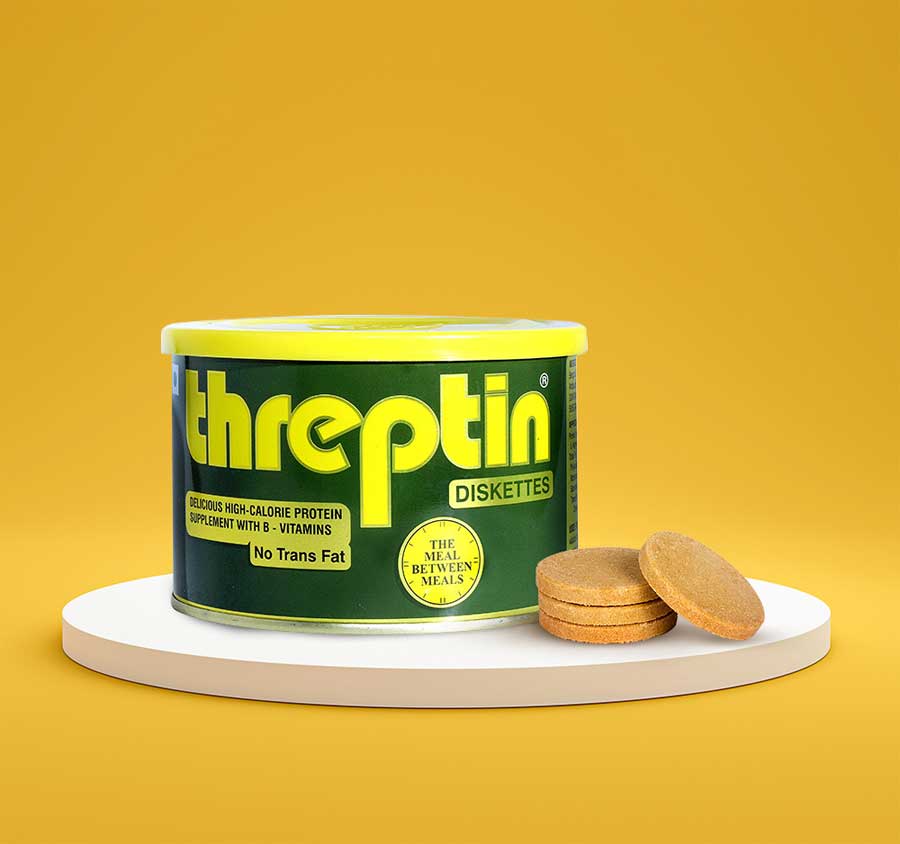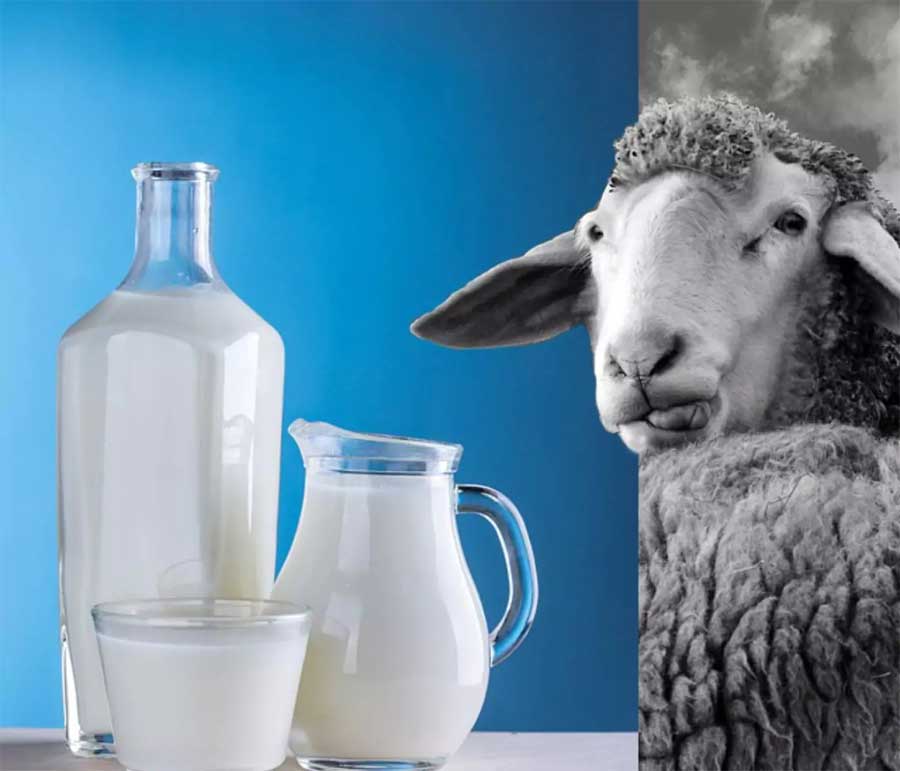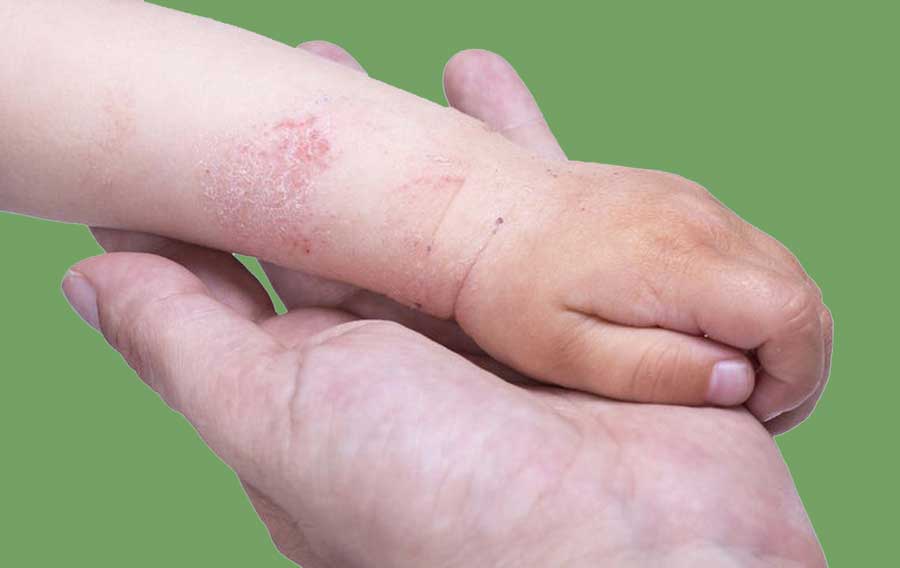Discover the many health benefits of corn, including its ability to support cardiovascular and digestive health, boost energy levels, and more.
Corn is a starchy vegetable that is a part of the grass family. Corn is typically yellow, but it can also be white, red, or blue. The corn plant grows to about six feet tall and has large leaves. Each ear of corn has about 800 kernels. Corn is grown in many parts of the world, including the United States, Brazil, and Mexico.
The Incredible Health Benefits of Eating Corn
Corn is a starchy vegetable that is a part of the grass family. Corn is typically yellow, but it can also be white, red, or blue. The corn plant grows to about six feet tall and has large leaves. Each ear of corn has about 800 kernels. Corn is grown in many parts of the world, including the United States, Brazil, and Mexico.
What is Corn
Corn is a grain that is used to make many food items, including flour, tortillas, and popcorn. It is also a common feed for livestock. Corn is a versatile grain that can be used in many different recipes and dishes.
Corn is a nutritional powerhouse, and is a good source of fiber, vitamins, and minerals. It is also a low-fat food. One ear of corn contains about 20% of the recommended daily value of fiber. Fiber helps to keep the digestive system healthy and can also help to lower cholesterol levels.
Corn is also a good source of vitamins C and B6. Vitamin C is an important antioxidant that can help to protect the body from damage caused by free radicals. Vitamin B6 is essential for the proper functioning of the nervous system.
Corn is also a good source of several minerals, including magnesium, potassium, and zinc. Magnesium is important for bone health, and potassium helps to regulate blood pressure. Zinc is essential for the immune system and for wound healing.
The nutritional value of corn makes it a great addition to any diet. It can be eaten on its own, used as an ingredient in recipes, or fed to livestock.
Corn shelf life is long and can be stored for several months. It should be stored in a cool, dry place, such as a pantry or cupboard. Once opened, corn can be stored in the refrigerator for up to two weeks.
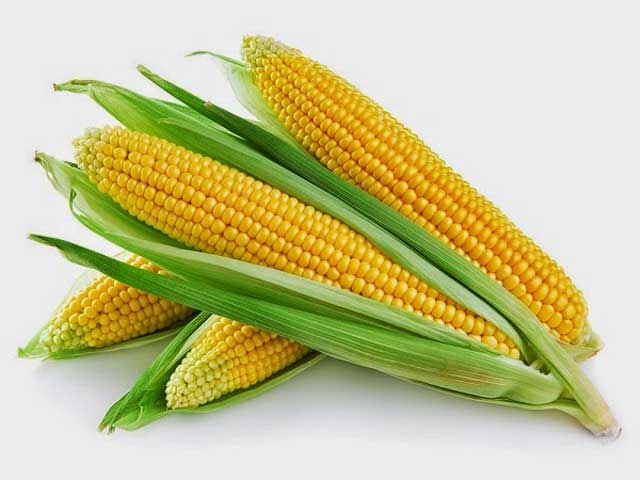
Corn Nutritional Value
1. Fiber: Corn is a good source of fiber which helps to keep the digestive system healthy and can also help to lower cholesterol levels. One ear of corn contains about 20% of the recommended daily value of fiber.
2. Vitamins: Corn is also a good source of vitamins C and B6. Vitamin C is an important antioxidant that can help to protect the body from damage caused by free radicals. Vitamin B6 is essential for the proper functioning of the nervous system.
3. Minerals: Corn is also a good source of several minerals, including magnesium, potassium, and zinc. Magnesium is important for bone health, and potassium helps to regulate blood pressure. Zinc is essential for the immune system and for wound healing.
Nutrition and Benefits
There are many health benefits of corn that are often overlooked. Corn is a good source of fiber and vitamins, and it can also help regulate blood sugar levels. Here are some more reasons to add corn to your diet:
1. Corn is a whole grain and a good source of fiber.
Fiber is important for digestive health and can help prevent constipation. Corn also contains lutein and zeaxanthin, two antioxidants that are important for eye health.
2. Corn is a starchy vegetable and a good source of carbohydrates.
Carbohydrates are an important source of energy, and they can help you feel fuller longer. Corn also contains some protein and fat, which can help improve its nutrient profile.
3. Corn is a good source of vitamins and minerals.
Corn is a good source of vitamins A, C, and B6, as well as magnesium, potassium, and iron. These vitamins and minerals are important for overall health and can help prevent deficiencies.
4. Corn can help regulate blood sugar levels.
Corn is a high-glycemic food, which means it can cause a rapid rise in blood sugar levels. However, the fiber in corn can help slow down the absorption of sugar, which can help regulate blood sugar levels.
Corn Shelf life
Corn is a versatile and delicious vegetable that can be enjoyed in many different ways. It can be eaten fresh, frozen, or canned. However, it is important to know how to store corn properly to ensure that it stays fresh and delicious.
Corn has a relatively short shelf life, so it is important to eat it within a few days of purchasing it. If you need to store it for longer, it can be frozen or canned.
To extend the shelf life of fresh corn, store it in the refrigerator. It will keep for up to five days. If you need to store it for longer, you can freeze it. Frozen corn can last for up to six months.
Canned corn has a shelf life of up to two years. However, it is best to consume it within a year for the best quality.
The best time to eat corn is during the summer when it is in peak season. However, corn can be enjoyed year-round.
Best Benefits of Eating Corn

1. How Corn Can Support Cardiovascular Health
Corn is a powerhouse of nutrients and offers a range of health benefits. It is a good source of fiber, vitamins, and minerals, and its high antioxidant content makes it especially beneficial for cardiovascular health.
The fiber in corn can help to lower cholesterol levels and reduce the risk of heart disease. The antioxidants in corn can help to protect the cells lining the arteries from damage, and the vitamins and minerals in corn can help to keep the heart healthy and prevent heart disease.
Corn is a good source of the B vitamin niacin, which is essential for cholesterol metabolism, and the mineral magnesium, which is involved in blood pressure regulation.
Corn is also a good source of the antioxidant beta-cryptoxanthin, which has been shown to reduce the risk of heart disease.
The nutrients in corn can also help to reduce the risk of other cardiovascular conditions, such as stroke and hypertension.
Corn is a versatile food that can be enjoyed in many different ways. It can be eaten on its own, added to soups and salads, or used as a side dish. It can also be used in recipes for main dishes, such as tacos and stir-fries.
2. The Benefits of Corn for Digestive Health
There are many benefits of corn for digestive health. Corn is a good source of fiber, which is important for keeping the digestive system working properly. fiber helps to keep the digestive system clean and free of toxins. It also helps to regulate bowel movements and prevent constipation.
Corn is also a good source of vitamins and minerals, including vitamin C, which is important for healing the gut. Vitamin C is also an antioxidant, which helps to protect the gut from damage. Corn also contains lutein and zeaxanthin, which are important for eye health.
Corn has a high water content, which helps to keep the digestive system hydrated. This is important because a dry digestive system can lead to constipation. Corn also contains prebiotics, which are a type of dietary fiber that feed the good bacteria in the gut.
The health benefits of corn are many and varied. If you are looking for a food that can help to improve your digestive health, then corn is a great option.
3. Enhancing Energy Levels with Corn
Corn is a versatile and delicious grain that can be enjoyed in many different ways. It is also a great source of energy- boosting nutrients. Here are some interesting facts about corn and its nutritional value:
Corn is a good source of complex carbohydrates, which are essential for sustaining energy levels.
It is also a good source of fiber, which helps to keep the digestive system functioning properly.
Corn is a good source of vitamins and minerals, including vitamin C, B vitamins, and iron.
Corn is a low-fat food, and it is also relatively low in calories.
The nutritional value of corn can vary depending on how it is prepared. For example, popcorn has more fiber and less sugar than corn on the cob.
Corn is a versatile grain that can be enjoyed in many different ways. It can be boiled, roasted, grilled, or used in soups, salads, and casseroles.
Corn has a relatively long shelf life, and it can be stored in the pantry for several months.
4. How Corn Can Help with Weight Management
Corn is a versatile and delicious grain that can be enjoyed in many different ways. It can be used as a side dish, as a main course, or as a snacks. It is also a good source of many nutrients, including fiber, protein, and vitamins.
Corn is a good source of fiber, which can help with weight management. Fiber helps to keep you feeling full and satisfied after eating, so you are less likely to overeat. Fiber also helps to regulate the digestive system and can help to prevent constipation.
Corn is also a good source of protein. Protein helps to build and repair muscles, and it also helps to keep you feeling full and satisfied after eating.
Also read:
- The Best Healthy Salad Ingredients for Weight Loss
- 7 Must-Try Soybean Oil Substitutes for Your Kitchen
5. Lowering Blood Sugar Levels with Corn
If you’re looking for a way to lower your blood sugar levels, you might want to consider adding corn to your diet. Corn is a good source of dietary fiber and has a high nutritional value. It’s also low in calories and fat, making it a healthy choice for people with diabetes.
There are two types of fiber in corn: soluble and insoluble. Soluble fiber dissolves in water and forms a gel-like substance. This type of fiber can help to slow down digestion and the absorption of sugar into the blood. Insoluble fiber, on the other hand, doesn’t dissolve in water. It helps to add bulk to the stool and keeps the digestive system regular.
Corn also contains vitamins, minerals, and antioxidants that are important for good health. One cup of cooked corn provides about:
– 2 grams of fiber
– 4 grams of protein
– 10% of the daily value for vitamin C
– 20% of the daily value for folate
– 35% of the daily value for thiamin
– Small amounts of other vitamins and minerals
The nutrients in corn can help to lower blood sugar levels by:
– Improving insulin sensitivity
– Slowing down the absorption of sugar
– Helping the body to better use insulin
In addition to its nutritional benefits, corn is also a low-glycemic food. This means that it has a relatively low effect on blood sugar levels. When compared to other starchy vegetables like potatoes, corn has a lower glycemic index. This means that it’s less likely to cause spikes in blood sugar levels.
If you’re looking to add corn to your diet, there are many ways to do so. You can eat it cooked, roasted, or raw. You can also add it to soups, stews, salads, or other dishes. It’s important to remember that canned and processed foods often have added sugar, so be sure to check the labels before you buy.
6. Supporting Brain Health with Corn
Did you know that corn is not only a delicious and versatile food, but it’s also great for supporting brain health? That’s right, this humble grain is packed with nutrients that can help keep your mind sharp as you age. Let’s take a look at some of the ways corn can support brain health, as well as some tips for incorporating it into your diet.
Corn is a good source of several vitamins and minerals that are important for brain health. For example, it’s a good source of B vitamins like thiamin, niacin, and folate. These vitamins are involved in energy production and nervous system function. Corn is also a good source of the mineral magnesium, which is involved in many processes in the brain, including neurotransmitter release and nerve impulses.
In addition to its vitamins and minerals, corn is also a good source of antioxidants. These nutrients help protect the brain from damage caused by free radicals. Free radicals are harmful molecules that can damage cells, and they’ve been linked to cognitive decline and age-related diseases like Alzheimer’s. The antioxidants in corn can help neutralize free radicals and protect the brain.
Corn is a nutrient-rich food that can support brain health in several ways. Incorporating it into your diet is easy – add it to salads, soups, stir-fries, or simply enjoy it on its own as a healthy snack. With so many benefits, there’s no reason not to make corn a part of your healthy eating plan!
7. Corn Benefits for Strengthening Bones
Bone health is important for people of all ages, and there are many ways to help keep bones strong and healthy. One way is to eat foods that are rich in nutrients that are essential for bone health, such as calcium, phosphorus, and vitamin D. Another is to engage in regular physical activity, which helps maintain bone density.
And one delicious food that provides many of these bone-strengthening nutrients is corn! Here are some of the ways that corn can benefit your bone health:
– Corn is a good source of calcium.
Calcium is one of the most important nutrients for bone health. It helps to build strong bones and teeth, and it also helps to keep bones healthy as we age. One cup of cooked corn provides about 10% of the daily recommended intake of calcium.
– Corn is a good source of phosphorus.
Phosphorus is another important nutrient for bone health. It works together with calcium to help build strong bones and teeth. One cup of cooked corn provides about 15% of the daily recommended intake of phosphorus.
– Corn is a good source of vitamin D.
Vitamin D is important for bone health because it helps the body absorb calcium. One cup of cooked corn provides about 10% of the daily recommended intake of vitamin D.
– Corn is a good source of fiber.
Fiber is important for bone health because it helps to regulate the absorption of calcium in the body. One cup of cooked corn provides about 5 grams of fiber.
Corn Benefits for Improving Immune System
– Corn is also a good source of vitamin C, thiamin, folate, and magnesium.
The health benefits of corn are vast. Corn can help improvement system, which is the body’s natural ability to fight off illness and disease. Corn is also a good source of antioxidants, which can help protect the body against damage from free radicals. Free radicals are unstable molecules that can cause cell damage and lead to various diseases.
Corn can also help lower cholesterol levels. The fiber in corn can help bind to cholesterol and remove it from the body. Additionally, the magnesium in corn can help relax blood vessels and improve blood flow. This can also help to lower blood pressure.
Corn is a versatile food that can be enjoyed in many different ways. It can be eaten on its own, added to salads, used as a filler in wraps or burritos, or even used as a topping for pizza. Corn is also a popular ingredient in many Mexican dishes, such as tamales and tortillas.
The shelf life of corn is typically between two and four weeks. However, if corn is properly stored, it can last up to eight weeks. To extend the shelf life of corn, store it in a cool, dark place.
Check out more:
- 53 Wonderful Health Benefits of Avocado Fruit
- 10 Artichoke Health Benefits: Keep Your Heart and Digestion Healthy
- 10 Best Arugula Health Benefits and Side Effects
FAQs about Corn
How many times have you heard someone say that corn is not healthy for you? If you’re like most people, you probably believe that corn is not a nutritious food. However, the truth is that corn is actually a very nutritious food. It is a good source of fiber, vitamins, and minerals. Here are some frequently asked questions about corn:
What are the nutritional value of corn?
Corn is a good source of fiber, vitamins, and minerals. It is also low in fat and calories. One cup of cooked corn provides about:
– 4 grams of fiber
– 4 grams of protein
– 15% of the Daily Value (DV) for vitamin C
– 10% of the DV for thiamin
– 9% of the DV for folic acid
– 6% of the DV for pantothenic acid
– 5% of the DV for magnesium
What are the nutrition facts for corn?
One cup of cooked corn provides:
– 0 grams of trans fat
– 2.5 grams of fat
– 0 grams of saturated fat
– 160 calories
– 0 mg of cholesterol
– 4 grams of sugar
– 37 grams of carbohydrates
– 4 grams of fiber
– 240 mg of sodium
– 4 grams of protein
What is the corn shelf life?
Corn has a shelf life of about 2-3 weeks.


